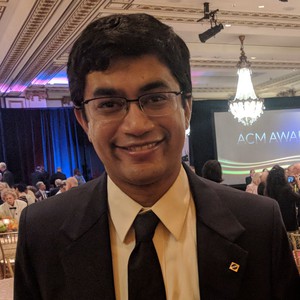Cited By
View all- Moreira JFernández MKabatiansky G(2018)Constructions of almost secure frameproof codes with applications to fingerprinting schemesDesigns, Codes and Cryptography10.5555/3195373.319540686:4(785-802)Online publication date: 1-Apr-2018
- Moreira JFernández MKabatiansky G(2017)Constructions of almost secure frameproof codes with applications to fingerprinting schemesDesigns, Codes and Cryptography10.1007/s10623-017-0359-z86:4(785-802)Online publication date: 20-Apr-2017
- Chan CCai SBakshi MJaggi SSaligrama V(2013)Stochastic threshold group testing2013 IEEE Information Theory Workshop (ITW)10.1109/ITW.2013.6691242(1-5)Online publication date: Sep-2013
- Show More Cited By


